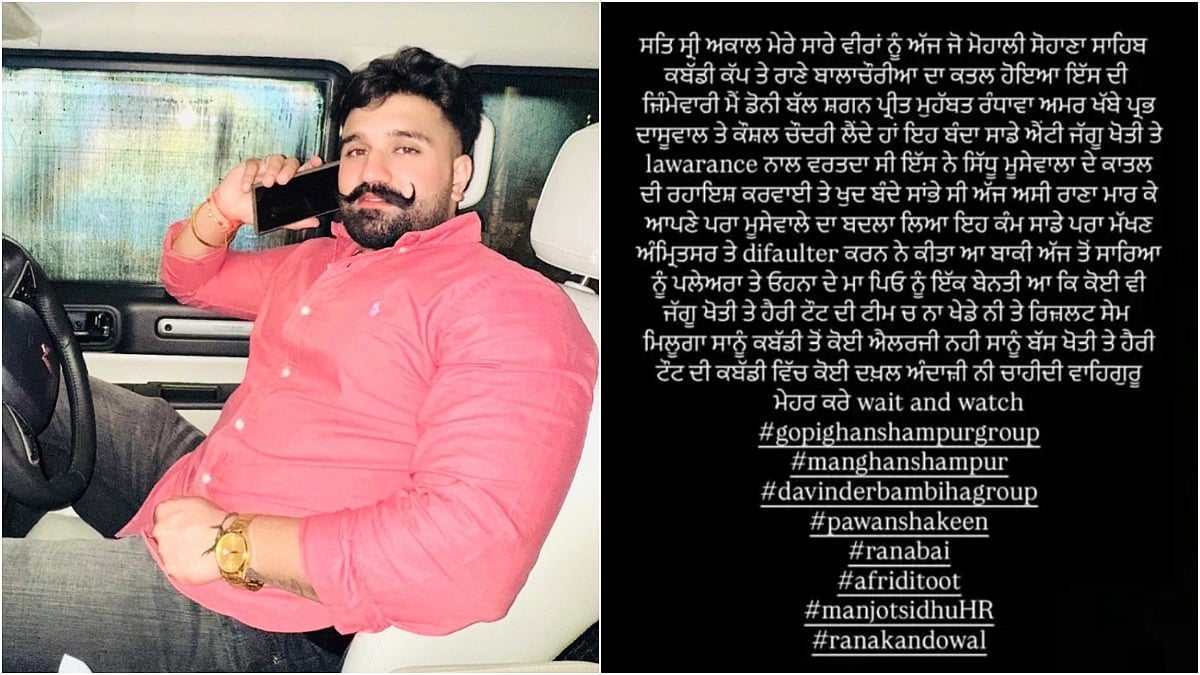My journey towards unschooling — even if I didn’t realise it then — began with Totto-Chan, Tetsuko Kuroyanagi’s memoir of her childhood in a school where discarded railroad cars served as classrooms, and where students could hop at will across compartments. As I rote-learned chemistry in a grey walled lab, this is the space I dreamt of inhabiting, this welcoming Japanese train.
That is to say: long before I became a mother, my loyalties were firmly with alternative education, with centres where learning promised to be joyful and where children were likely to be viewed as beings to be treated with reverence.
My stance shifted (ever so slightly) when my son turned two. I still held alternative schools in extremely high regard — as earnest experiments that wished to address the problems assailing mainstream education. But I came to see that the vast majority of them were constrained — they had to be — for they were chipping away at a structure with a foundation that was faulty.
The foundation I speak of is education’s history; of the principles that have guided the erection of the buildings we call schools.
Mandatory public schooling, entirely recent in the span of human civilization — coinciding with the Industrial Revolution, and the need to mass produce all things: locomotives, textiles, even people — grew from two firm desires.
First, to restrain the depravity of children, to rid them of their ‘sinful and idle’ behaviour, and to ‘break the[ir] natural willfulness’. (Dear reader, I quote Rev August Francke, the late-17th century founder of the system of compulsory schooling in Prussia.)
Second, ‘to shackle the mind’ of the child ‘with salutary prejudices, such as may create a conformity of thought and action with the established principles on which its native society is built’; put differently, to produce a steady assembly line of unquestioning workers and patriots. (Dear reader, I quote Rev John Brown, one of 18th century England’s earliest advocates of state-controlled, bog-standard education.)
In other words, the first proponents of mandatory schooling did not wish to foster curiosity or nurture inquiry; they wished to ‘collect little plastic lumps of human dough from private households and shape them on the social kneading-board’ (sociologist Edward Ross). They wished to keep compliance and profit paramount.
If these were the motivations guiding the establishment of the school system — if the underpinning comprised coercion, standardisation, production and (according to a 1902 New Hampshire court judgement) the preservation of the state — all tweaks and flourishes, no matter how worthy, would still be held up by a deeply flawed substratum.
Maybe Horace Mann, the father of American public education, who passed the country’s first compulsory schooling statute in Massachusetts in 1852, sensed this; sensed the impossibility of raising a child of wonder in a system designed to subdue and impose; sensed it with the kind of keenness only an architect would know. He homeschooled his own three children.
As my son turned two, my growing awareness of schooling’s bedrock — of its invisible history — made me see that modifying what was visible (the walls, the charts, the books, the playthings) would do little to insulate my son from the system’s ethos.
I had to build afresh; create for my child an altogether new space, within my home, on the roads of my neighbourhood, under tree and sky, in buses and airplanes.
This, our classroom.
Dharini Bhaskar is the author of These, Our Bodies, Possessed by Light. She is working on her next novel and can be reached at dharini.b@gmail.com









